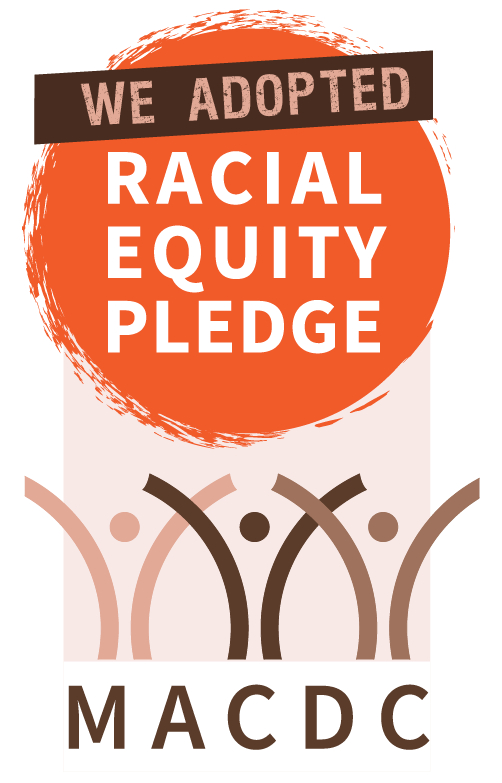Tenant rights are different from fair housing rights. Fair housing laws offer protection against discrimination in housing. Tenant rights laws offer protection against unlawful acts, regardless of the housing provider’s motivation and unrelated to a tenant’s protected class status. Important tenant rights include basic habitability and compliance with housing codes, protection against illegal fees or lease terms, security deposit protections; protection against retaliation, and eviction protections.
Tenancies are governed by an agreement between a housing provider and a tenant. This agreement can be oral, but most are in writing. There are two main types of tenancies: tenancies under a lease (during the term of the lease) and tenancies at will. A tenancy under a lease can provide that, at the end of the lease term, the tenancy will automatically become a tenancy at will, usually automatically renewing every month.
The lease agreement, whether under a lease or at will is the primary document that describes a tenant and housing providers obligations. If there is a lease term, both parties have to comply. However, some lease terms are unlawful under Massachusetts law. Unlawful lease terms do not have to be followed and cannot be enforced. An example of an unlawful lease term is one that requires a late rent fee after five days. Massachusetts law say a late fee can only be imposed after 30 days.
The State of Massachusetts maintains useful information online about rights for tenants and housing providers. The law governing tenancies can be read here.
Rent, fees, and security deposits. At the center of all rental agreements is the exchange of money for housing. Housing providers have a right to receive rent on time. Tenants have their own protections. For example, when leasing an apartment, housing providers are only allowed to charge first/last month rent, a security deposit, and a lock-changing fee. Application or holding fees, while common, are illegal. There are also special rules for how a housing provider must hold and treat a security deposit and how the security deposit may be used.
Housing Code. Tenants have a right to a decent and habitable place to live. That means housing providers need to keep their housing in good repair and make sure there are no bugs or mice. A housing provider is not allowed to evict you or end your tenancy if you complain about bad housing conditions. Here is some information on your rights to healthy conditions and getting repairs made. You can also use this online program to help you prepare paperwork to report housing condition problems. These resources can help you document the problem and get the help you need.












